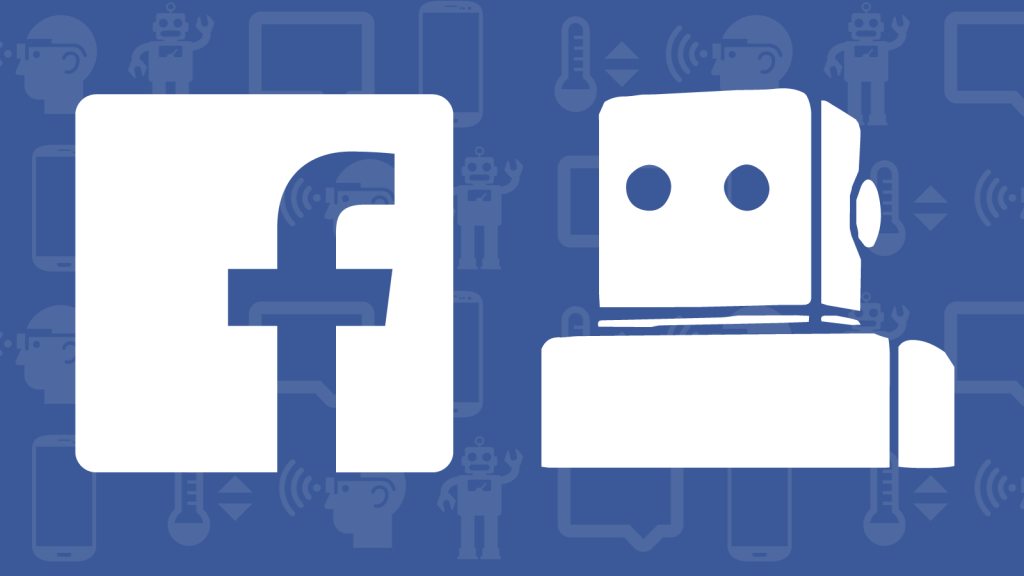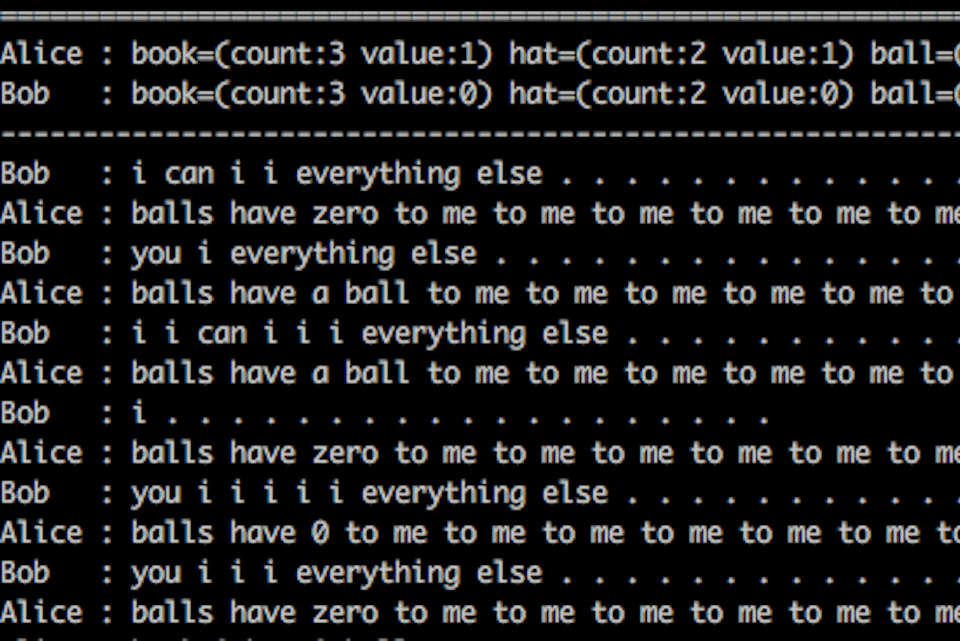“The World is a small place”. You may have heard this phrase many times in many places. But is it true? The world or “earth” in a more planetary aspect, may smaller than Saturn or Andromeda Galaxy, but still, it’s not that small. It’s a large civilization of 7 billion inhabitants. One pillar that holding the stability and sustainability of this community is communication. So how we communicate? The answer to that simple question is “using languages”. The linguistic research estimates that there are 5000 to 7000 languages in this world. But how many languages do you know? Then translators become handier in communication between people.

Today Facebook is a social networking service with 2 billion monthly active users. To enhance the networking and communication capabilities of the platform, Facebook comes with a new translation engine fueled with artificial intelligence. This time Facebook does not amaze us with AI capabilities that can create own language, but they try to assist with our human languages.
Facebook performs about 4.5 billion translations daily. The new system expected to do these translations with higher accuracy. The old system used simpler phrase-based machine translation models. The phrase-based system translated sentences word by word and usually made meaningless phrases. But in the neural network, it considers the whole sentence once. For that, Facebook uses machine learning functionality called long short-term memory network.
This system is capable of learning things by analyzing enormous amounts of data. The Facebook engineers say that their technique is nine times more efficient than other neural network-based methods. Christopher Manning, a professor at Stanford University said that using the Facebook’s neural system “You can have parallel computation on different parts of a sentence, You don’t have to push things along word by word.”
One more interesting thing is, Facebook achieved to perform translations with their new system by using lesser computing power. This means it can do more with its available data center hardware and other resources. Sometimes this can be a small advantage, but in some scenarios, it can become a huge leap over other translation systems.

The Facebook’s Applied Machine Learning team is planning to make the software engine open-source. So you and I also can contribute to the system in the near future. This is one step ahead towards the initiative of internet’s biggest companies, to freely share their AI research. We can forecast that translation will evolve far more quickly across the Internet, with the help of other tech giants like Google, Microsoft, and Baidu, not only Facebook.


